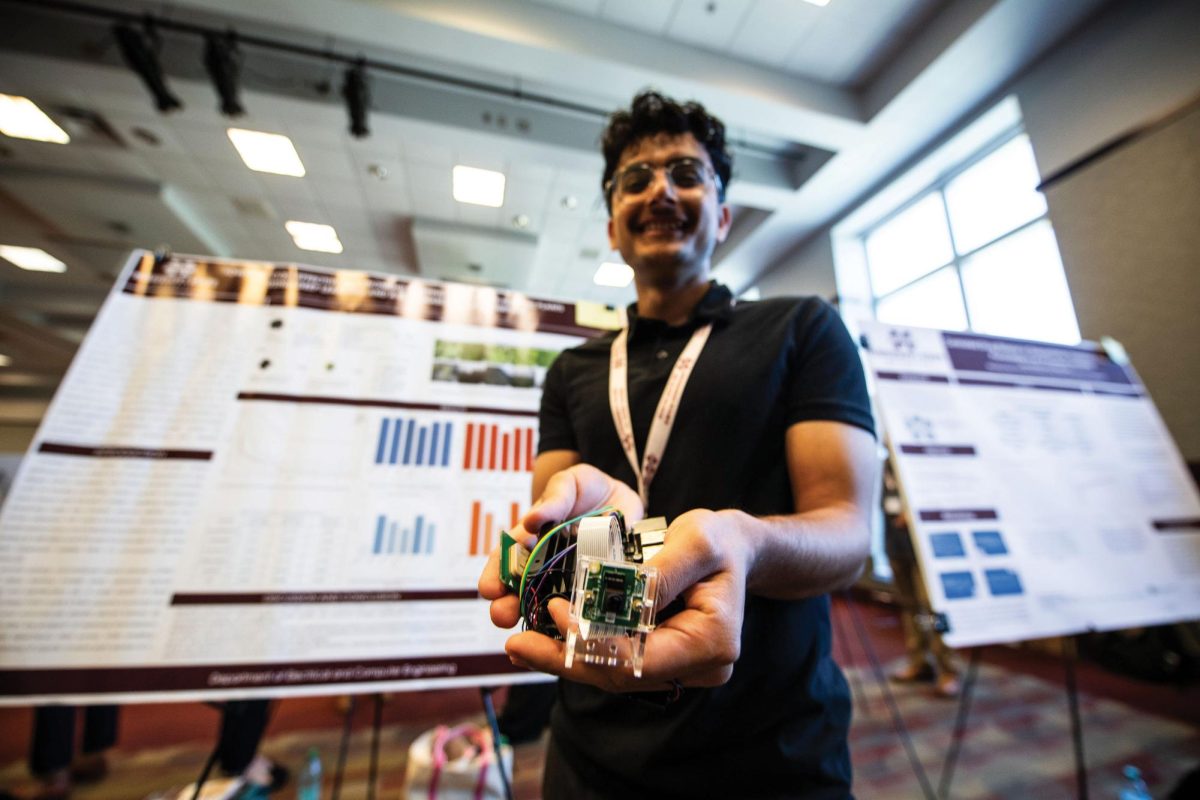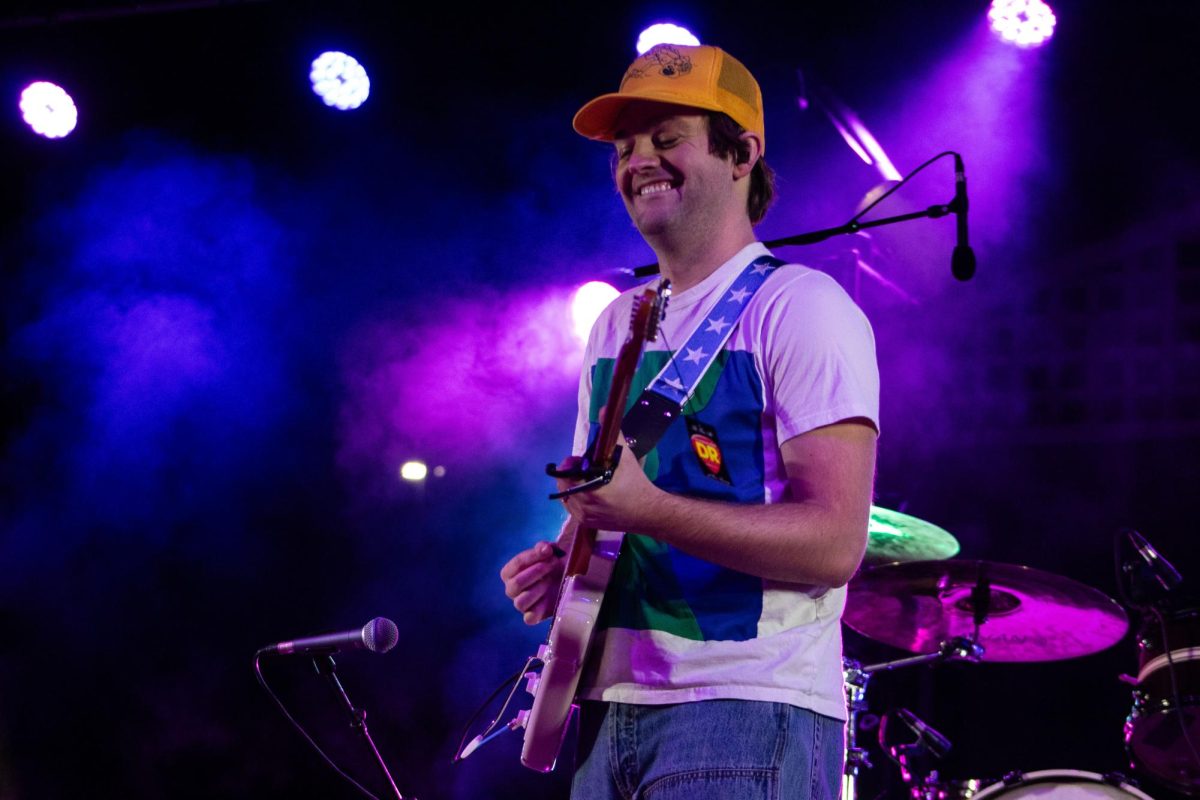On Oct. 26, Sir Harold Kroto, 1996 Nobel Laureate in chemistry and professor of chemistry at Florida State University, gave a lecture on the topic “Carbon in Nano and Outer Space,” at Bettersworth Auditorium in Lee Hall at Mississippi State University. Kroto shared his views on what he calls the “GooYouWiki-Revolution” and spoke highly of Wikipedia as a resource.
“In my field,” said Kroto, “it’s more reliable than the textbooks.”
Tyler Trim, a lecturer of composition in his fourth year of teaching at MSU, said scholars frequently use Wikipedia whether they admit to it or not.
“It’s a seemingly never-ending fount of information right at one’s fingertips, and that’s pretty sexy to an academic,” Trim said. “I think more often than not, Wikipedia does contain reliable, cited information, but the inherent danger lies in its editable nature. If the information can be manipulated by practically anyone, it’s no longer reliable – which is why I don’t believe that students should consider Wikipedia a credible source for academic research.”
Trim said he thinks Wikipedia is unlikely to ever be a citable resource for students.
“It’s great for general information, but as a scholarly resource it falls short. The only way I can imagine Wikipedia being universally accepted as a citable source is if part of their user interface changes to prevent the manipulation of informative content, which is pretty unlikely, since that one aspect is part of Wikipedia’s ‘DNA’,” Trim said.
Deborah Lee, professor and coordinator of Library Instructional Services and the Associate Director of the Center of Teaching and Learning, said one of the main reasons not to cite Wikipedia as a source is it always leaves a bad impression.
“When you see somebody use Wikipedia in their bibliography, the first feeling you get is that this person was lazy — that they didn’t take that extra step to find more authoritative sources. That’s not the image you ever want to give your reader. Whether it’s for a class and it’s a faculty member that’s reading it or an article that you’re writing for a journal, it’s just not the image you want to give — of being lazy on research,” Lee said.
Lee said Wikipedia can be used as a tool to begin research, finding key words or concepts, but it is not the place to end research.
“You might can find references to more authoritative sources that you can go onto, or you can find keywords that you can then take into a research database to find articles so it can be a useful tool in the research process. It should never be your only tool,” she said.
Another problem that has cropped up on Wikipedia, according to Lee, is writers can plagiarize from other sources without the user knowing. Lee said Wikipedia does try to minimize the amount of plagiarism on its site because it does end in lawsuits.
Lee also said she believes Wikipedia may never become a respectable and citable source for scholars.
“It’s going to take some wholesale adoption,” she said. “It’s going to take people not being penalized for grants when they use it. It’s going to take reviewers who are not going to give bad scores to writers when they see these articles in there. So I think you’re going to have to see it adopted into the scientific literature stream and then see it become a more acceptable source for others. That may come with time, but my guess is that there’s always going to be some people that have a problem with it … So it will really probably never be a primary source for people in terms of information like that.”
Lee’s message to students is: whenever using Wikipedia as a source, do not assume it is allowed; always ask the instructor.
Wikipedia enthusiast Leslie Miller, senior history major, said she uses Wikipedia for everything.
“I use Wikipedia for personal use, mostly, since I’m not at school all the time,” she said. “But in school I use it for PowerPoints, finals and projects.”
Miller said for class assignments whether or not to use Wikipedia depends on if the sources are cited because sometimes the information is wrong.
“If it doesn’t come out of a book or is not published, I wouldn’t use it anyway,” she said.
Categories:
Wikipedia not all bad, even ‘sexy’
E.J. HODGE
•
November 3, 2011
0
Donate to The Reflector
Your donation will support the student journalists of Mississippi State University. Your contribution will allow us to purchase equipment and cover our annual website hosting costs.
More to Discover







